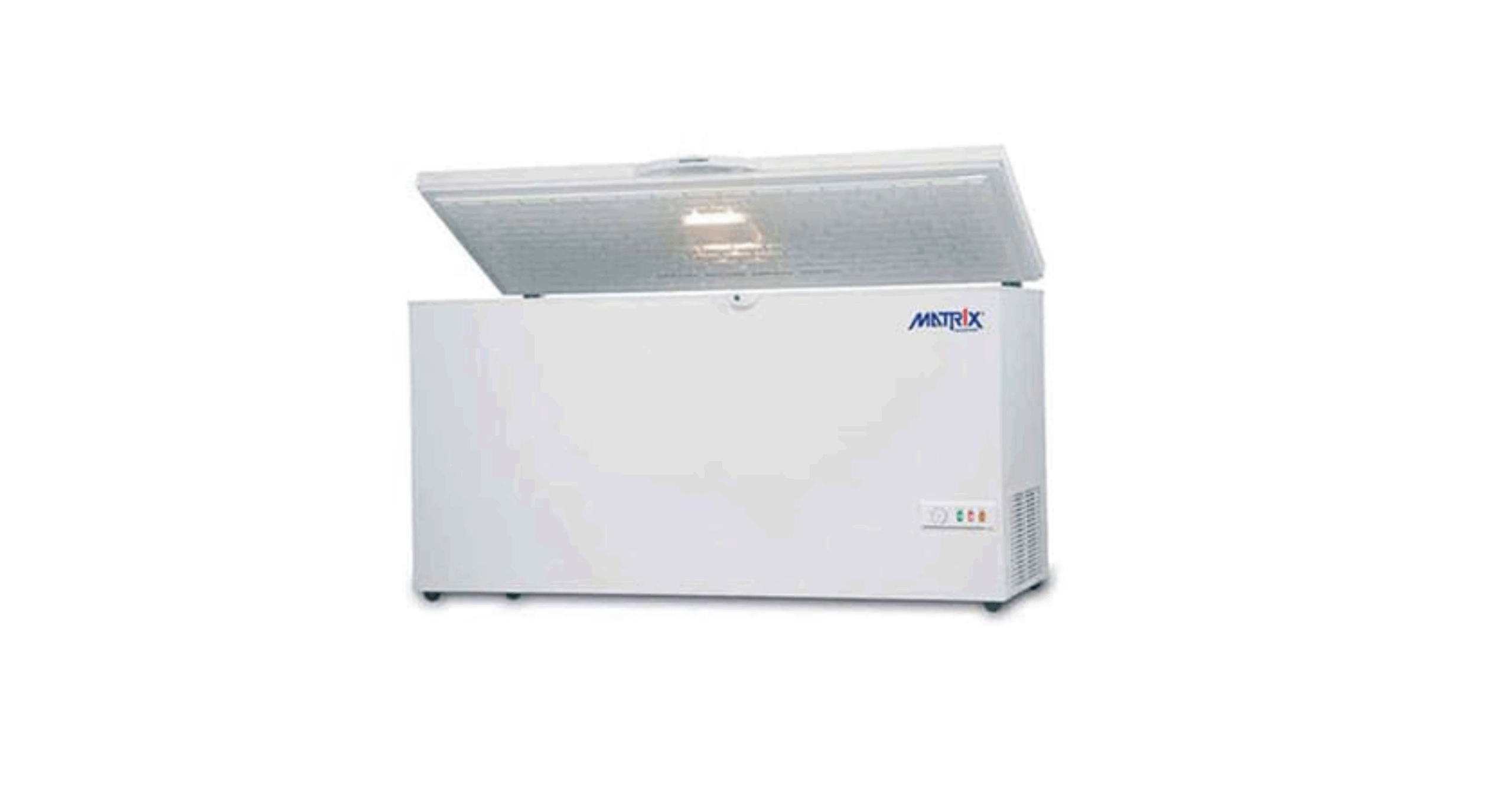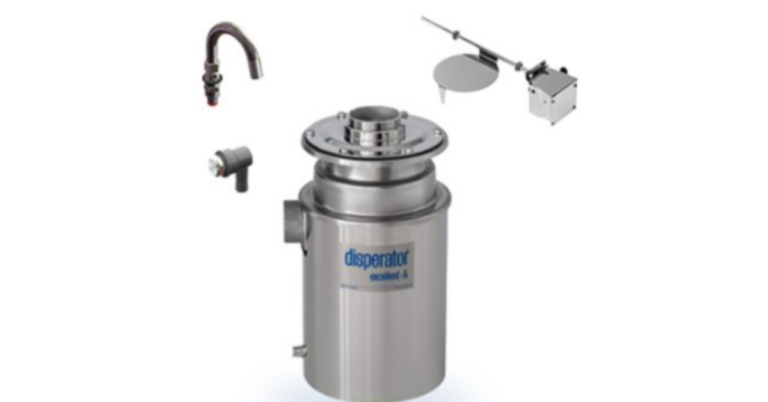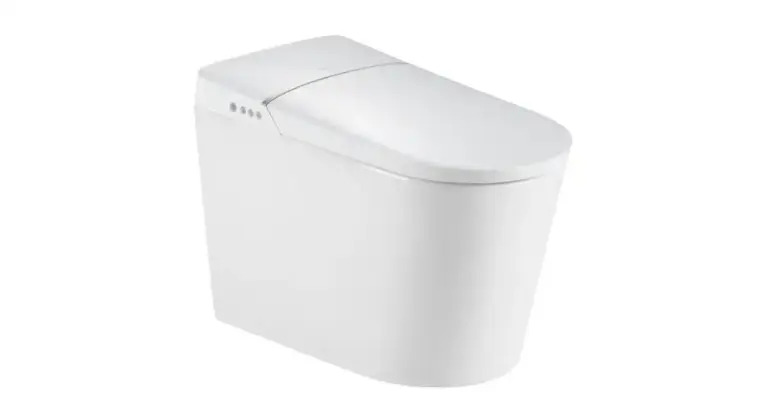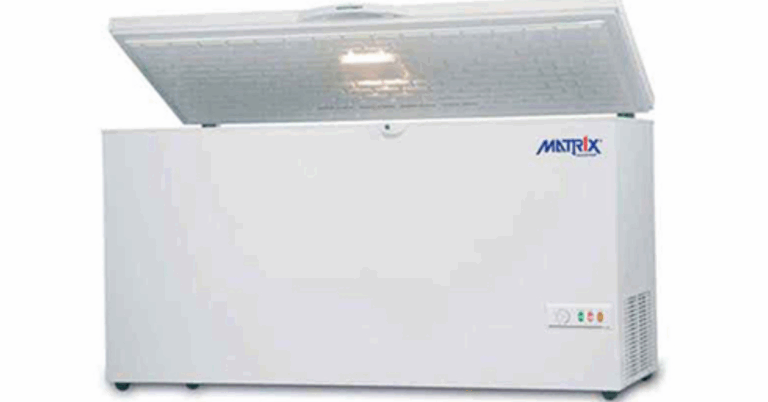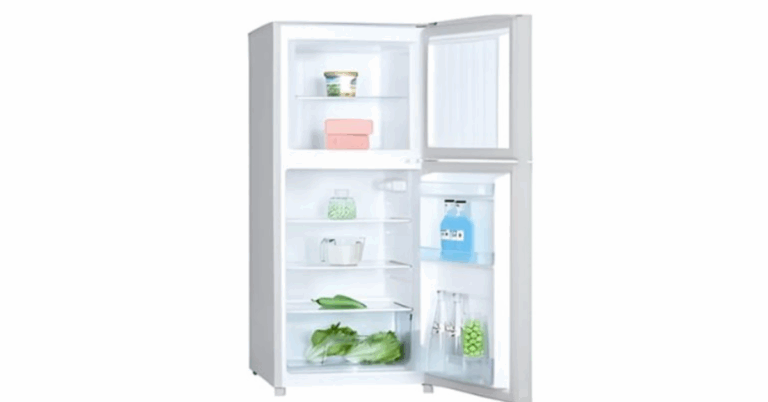Optimizing Marine Cold Storage with the Ship Refrigerator 110 L
In the demanding environment at sea, a reliable refrigeration unit is indispensable which is why a Ship Refrigerator 110 L is a smart choice for vessels needing compact yet effective cold storage. Designed to operate under marine conditions, this 110 liter capacity unit meets the unique challenges of onboard food, beverage, or provision preservation. With robust construction, power compatibility, and efficient cooling, it keeps your supply chain secure even in remote waters.
Why a 110 L Marine Refrigerator Matters
On ships, storage space is at a premium, and equipment must be engineered to withstand vibration, salt air, fluctuating power systems, and variable ambient temperatures. Marine‐spec refrigerators ensure perishables remain fresh, protecting crew health, passenger comfort, and operational efficiency. A 110-liter unit offers a balance: large enough to store significant provisions yet compact enough to fit into galleys, crew quarters, or service areas. It suits vessels that require continuous refrigeration but lack room for full-size commercial cold rooms.
With standard marine power systems varying across vessels, selecting a unit compatible with onboard voltage (such as 110 V) simplifies integration and reduces risk of power mismatches. Moreover, marine-rated refrigerators feature corrosion-resistant materials and design elements tailored for life aboard. These attributes make the 110 L marine refrigerator an essential asset for cruise ships, offshore platforms, supply vessels, yachts, and commercial ships.
Key Features & Design Considerations
A quality marine refrigerator of 110 L capacity offers numerous features tailored to shipboard use:
1. Marine-Grade Construction:
Stainless steel or specially coated cabinets resist salt corrosion, moisture and vibration. Heavy-duty insulation helps maintain consistent internal temperatures even in warm engine room adjacency or tropical decks.
2. Compact Yet Ample Capacity:
While 110 L isn’t the largest size, it delivers meaningful storage space adequate for meals, provisions, or crew refreshments without encroaching on precious real estate onboard.
3. Power Compatibility (110 V):
Designed to run on 110 V power systems common aboard many vessels, the unit avoids the need for converters or complicated rewiring. Proper frequency matching (e.g., 60 Hz) ensures reliable performance under shipboard conditions.
4. Efficient Cooling System:
These units include compressors, evaporators and fans sized to manage ambient heat, door openings and internal load changes. Good systems maintain uniform temperature and reduce cycling for energy savings.
5. Low Noise & Low Vibration:
Noise and vibration affect comfort and equipment longevity. Marine refrigerators incorporate vibration dampening and quiet compressors making them suitable for passenger or crew areas.
6. Adjustable Shelving & Accessibility:
Flexible shelving lets operators organize goods by usage or perishability. Easy Access panels and service‐friendly design mean maintenance can occur without major disruption.
7. Eco-Friendly Refrigerants & Efficiency:
Modern marine refrigerators use low global warming potential refrigerants, meet energy-efficiency standards and adopt insulation or component innovations to minimize power draw a key benefit in shipboard operations where power budgets are tight.
Applications Onboard Marine Vessels
A 110 L marine refrigerator finds use in a variety of settings aboard ship:
-
Crew Quarters & Galley: Storing crew meals, beverages, or fresh produce near living spaces.
-
Passenger Cabins or Suites (Cruise Ships): Mini-cold-storage for guest convenience and VIP service.
-
Service Lounges & Bars: A dedicated cold box for drinks, mixers or snacks in high traffic areas.
-
Medical or Lab Storage: For smaller refrigerators used in first-aid rooms or labs storing samples or medicines.
-
Offshore Platforms & Workboats: Compact units ideal for accommodation modules or limited spaces where full commercial cold rooms aren’t feasible.
In each setting, the marine-rated 110 L unit offers a balance of capacity, reliability and footprint ensuring supplies remain fresh, operations stay smooth, and the onboard environment remains safe and comfortable.
Benefits of Investing in a Marine 110 L Unit
Selecting the right 110 L marine refrigerator delivers a range of benefits:
-
Operational Reliability: Quality units hold temperature despite ambient changes, door openings, or rough seas.
-
Space Efficiency: Compact footprint makes them ideal where compartment space is constrained.
-
Lower Energy Consumption: Proper insulation and efficient compressors reduce load on ship power systems.
-
Reduced Maintenance Downtime: Marine-rated build materials prolong life and reduce corrosion or wear.
-
Improved Food Safety & Quality: Consistent refrigeration preserves perishables, reduces spoilage and ensures compliance with onboard food safety standards.
-
Enhanced Accommodation Experience: In cruise or yacht settings, a dedicated refrigerator elevates guest or crew comfort, supporting higher service levels.
Considerations Before Installation
To get optimal performance from a 110 L ship refrigerator, some planning is required:
-
Volt/Frequency Match: Confirm that the unit’s voltage (e.g., 110 V) and frequency (e.g., 60 Hz) align with the vessel’s electrical system to avoid performance issues or damage.
-
Ventilation Requirements: Proper airflow around compressors and condensers is critical; poor ventilation increases internal temperature and reduces lifespan.
-
Mounting & Stabilisation: Vessels are subject to vibration and motion; the refrigerator should be securely anchored, levelled and isolated from excessive vibration.
-
Access & Service Space: Ensure clear access to service panels, filter coils or controls. Onboard maintenance is simplified when components are reachable.
-
Scheduling Maintenance: Regular cleaning of condenser coils, checking of door seals, verifying thermostat accuracy and lubricating hinges prolongs performance.
-
Spare Parts Availability: Choose a model from a manufacturer whose parts and service support are accessible globally, especially for ships operating in remote regions.
Trends & Innovations in Marine Refrigeration
Marine refrigeration is evolving, and the 110 L class benefits from advanced innovations:
-
Inverter-driven compressors: Grant greater efficiency, quieter operation and variability to adjust cooling power based on internal load.
-
Smart controls & monitoring: Digital thermostats or remote monitoring allow onboard engineers to track temperature, power draw & fault conditions important for safety and maintenance.
-
Hybrid cooling systems: Some units integrate passive/active cooling methods to manage ambient loads more efficiently, especially in tropical climates.
-
Environmentally-friendly refrigerants: Transition to refrigerants with lower global warming potential (GWP) ensures compliance with evolving marine regulations.
-
Modular design for retrofits: Many newer units are engineered for easier replacement of older units in retrofit applications important for long lived ship hardware.
These developments mean a 110 L ship refrigerator today can provide better performance, lower energy consumption and reduced maintenance compared to older models.
Choosing the Right 110 L Ship Refrigerator
When selecting among marine refrigeration units in the 110 L range, use a checklist:
-
Confirm capacity meets your storage needs (110 L net vs gross might differ).
-
Verify voltage/frequency compatibility with vessel electrical system.
-
Look for marine certifications or ratings that indicate suitability for salt water, motion, vibration.
-
Check insulation rating, compressor specification and expected energy consumption.
-
Evaluate construction quality—materials, seal design, shelves, door construction.
-
Assess serviceability—are filters/coils accessible, are parts replaceable, is manufacturer support strong?
-
Consider lifecycle costs—energy, maintenance, expected lifespan of unit.
-
Look at environmental compliance—refrigerant, efficiency rating, disposal/future regulations.
By taking a holistic view, you can secure a ship refrigerator that not only fits your current needs but also supports long-term vessel operations.
Conclusion
A ship refrigerator 110 L is a practical, efficient and vital component for marine vessels needing reliable cold storage in a compact footprint. Built for the rigours of the sea salt air, vibration, limited space, variable power it offers a balanced solution for onboard refrigeration of food, beverages, medical supplies or crew provisions.
When selected and installed correctly, it safeguards perishable fresh items, enhances crew and passenger comfort, fits within tight vessel space constraints and contributes to operational efficiency. With advancements in technology around marine refrigeration, today’s 110-liter units deliver improved performance, energy savings and durability over previous generations.
For ship operators, yacht owners or vessel maintenance teams considering cold storage solutions, investing in a quality 110 L marine refrigerator is a smart and future-proof decision. It ensures onboard freshness, reduces spoilage, conserves power and supports smooth marine operations for voyages ahead.

